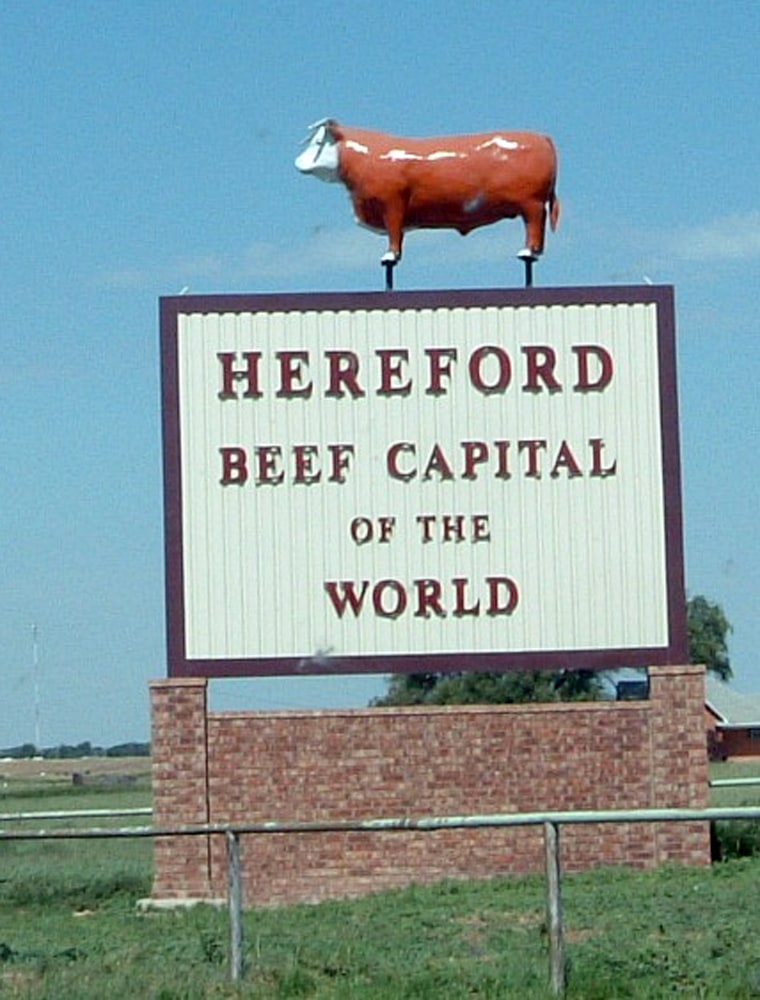One company’s drive to locate domestic sources of energy is taking a turn into the barnyard.
Panda Ethanol Inc. has secured nearly $160 million in financing to build an ethanol plant that will be fired by mountains of manure in Hereford, a cattle town in the Texas panhandle.
“We’ve located a project in what I would call the Saudi Arabia of manure,” said Todd Carter, the company’s chief executive officer.
The plant will gasify 1 billion pounds of manure a year to make 100 million gallons of ethanol. The manure will save the plant nearly 365,000 barrels of oil equivalent per year. Panda hopes to get it running by late next year.
Companies are racing to build ethanol plants as the oil industry uses the fuel as a replacement for gasoline additive MTBE, a suspected carcinogen. Growing U.S. motor fuel demand means ethanol production will need to grow by about 1.5 billion gallons per year.
When it comes to harvesting manure, timing is important. “It can’t be too fresh and it can’t be too old,” said Carter.
Some environmentalists have questioned the green benefits of ethanol because some of the fuel’s refineries use electricity from plants fired by coal, the dirtiest fossil fuel.
But Carter’s “poop to pump” ethanol plant will fuel more than 90 percent of its own energy needs by heating up manure until it releases methane, which it will then burn to make steam to fuel the plant. The process destroys the methane, a greenhouse gas at least 20 times more potent than carbon dioxide.
Some environmentalists worry that runoff from farms that group large numbers of cattle together can pollute water supplies. But Carter said the plant will turn what already exists in the region into something useful. Ash from the process can be used to make cow bedding and cement, he said.
Panda hopes to soon build another plant using the same technology in Kansas. The company expects to become publicly traded by the fall.
